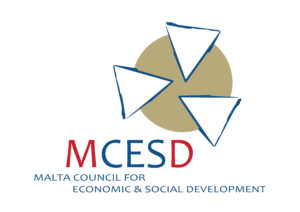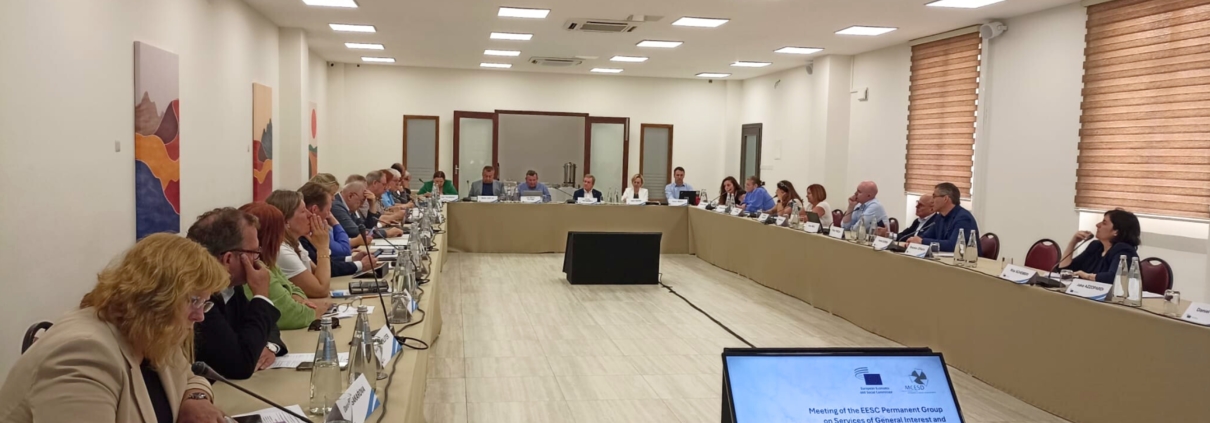EESC Visits Malta: Key Discussions on Rare Diseases and Affordable Housing with MCESD
The Malta Council for Economic and Social Development (MCESD) recently welcomed the EESC Section for Transport, Energy, Infrastructure, and the Information Society for an informal discussion. The EESC Section for Transport, Energy, Infrastructure, and the Information Society (TEN section) and its Permanent Group on Services of General Interest (PG-SGI) are actively working on critical issues such as social and affordable housing, health service co-creation, and rare diseases. This meeting, held at the premises of the General Workers’ Union, an esteemed MCESD social partner, aimed to advance these discussions.
The MCESD Chairperson, Perit David Xuereb, welcomed the EESC members and thanked them for coming to Malta to engage with our social partners. Perit David Xuereb stated, “This collaboration with our European partners aims to tackle crucial social issues and enhance the quality of life for all citizens.”
During the session, the focus on rare diseases highlighted the importance of early detection, access to medication, and support services. The necessity for employers to provide flexibility and support to employees affected by rare diseases was emphasised as a key factor in safeguarding employees’ dignity and quality of life.
The discussion on social and affordable housing addressed the growing concern in many countries about access to decent housing amid rising prices and precarious rental conditions. Malta’s model of social housing was examined, alongside the critical need to support vulnerable households, who often lack the financial means to transition to and invest in energy-efficient buildings.
MCESD remains committed to fostering collaboration and addressing social issues that improve the quality of life for all citizens.



